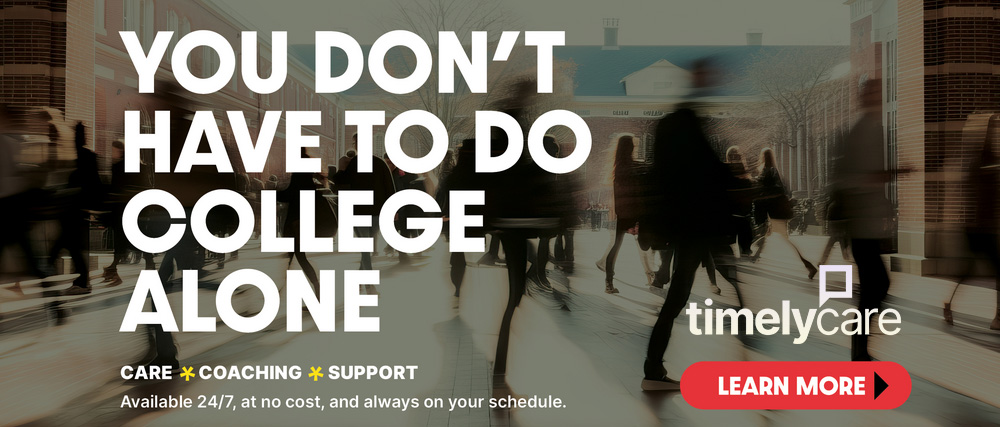Mental Health Resources AT USAO
USAO offers free mental health resources to support all students, faculty, and staff. These resources include counseling, psychoeducational resources, and assessments aimed towards enhancing personal, social, emotional, and overall well-being and success. Access to these services can include virtual and in-person sessions as applicable.
The Student Life team-including Housing staff, USAO campus counselors, and the Dean of Students-in conjunction with Security acts as the first line of response to on campus mental health crises and is professionally equipped to support students facing a suicide threat or attempt.
USAO counselors are licensed mental health professionals who provide individual counseling
for personal, social, family, and academic concerns. Our goal is to provide services and activities that promote the development of healthy
lifestyles and the acquisition of problem-solving and decision-making skills.

